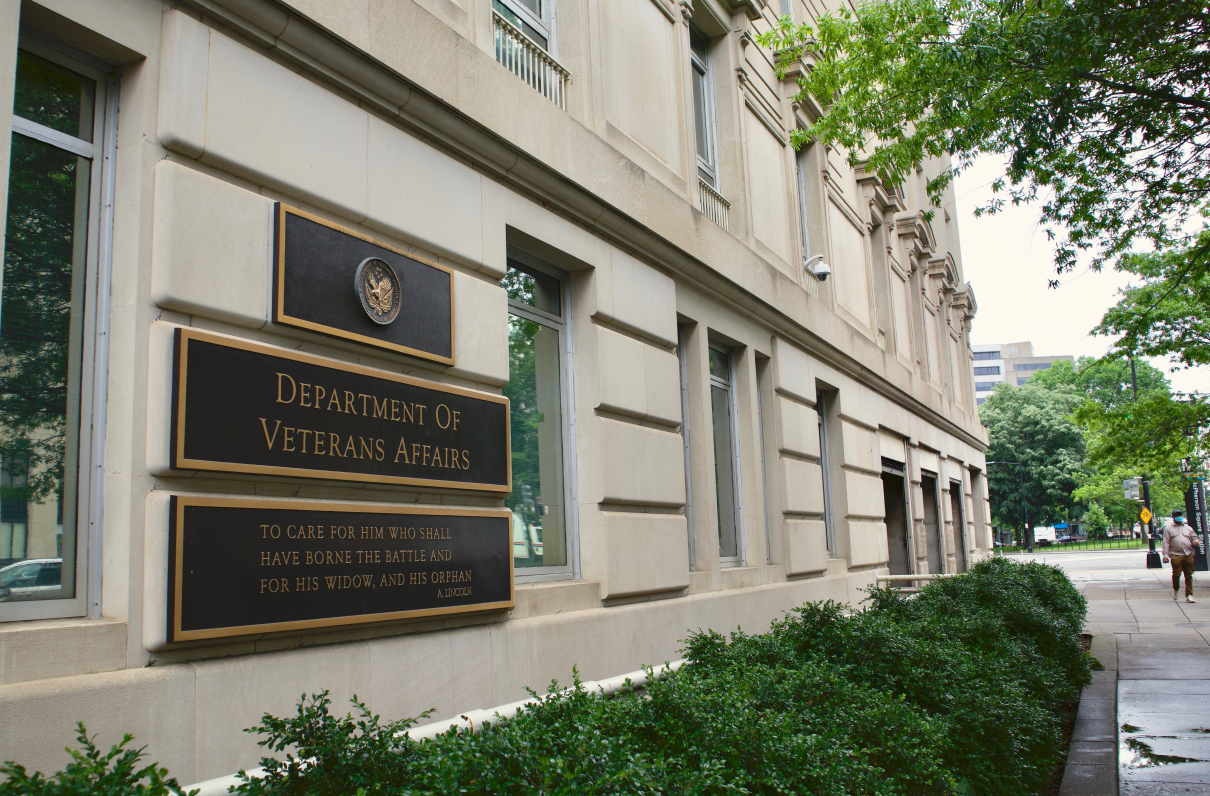Changes to servicemember compensation are always important, but even more so during recruiting challenges, reserve component retention concerns, and when servicemember and family quality of life improvements are critically needed for a strong national defense.
[TAKE ACTION: Urge Your Legislators to Improve the Quality of Life of Our Servicemembers]
The administration’s budget, released March 11, allows for a first look at what changes may be in store for servicemember compensation. While the new and updated authorizations generally come via the annual National Defense Authorization Act (NDAA), the budget indicates what DoD seeks in spending levels for these programs.
For example, as part of the FY 2024 and FY 2023 NDAAs, DoD received authorization to increase the Family Separation Allowance (FSA), provide hazardous duty and aviation incentive pay parity for the reserve component, and establish a higher threshold for the Basic Needs Allowance (BNA). But the FY 2025 budget shows a significant increase in funds earmarked for just one of these programs.
Here’s a look at where the money could go:
Family Separation Allowance
The FY 2024 NDAA created a window for DoD to increase the FSA to as high as $400 per month, a significant increase from the current $250 per month. However, the exact level of this payment rests with the secretary of defense.
The budget request for this pay in FY 2025 shows a decline of 5.3%, and with the rate of deployments not slowing, the likelihood of a full increase is low. Missed recruiting goals helped drive this decrease, as the services will see authorized end strength for the active and reserve component reduced by nearly 10,000 servicemembers.
[RELATED: MOAA Urges DoD to Authorize Immediate Increase in Family Separation Pay]
Reserve Component Incentive Pays
Reserve component recruiting has been missing targets for years – a fact MOAA highlighted in recent testimony before a joint panel of the House and Senate Veterans’ Affairs Committees.
To support retaining servicemembers from the active component, Congress authorized DoD in the FY 2024 NDAA to eliminate disparities for hazardous duty and aviation incentive pays. Prior to altering these pays, DoD is required to certify which pays would be expanded.
However, the budget request shows no immediate plans to alter these pays. The budget lines for each service show a 5.5% decrease in these collective payments, with lowered end strength again contributing to the decrease.
Basic Needs Allowance
Changes to the BNA serve as a bright spot in the FY 2025 budget request. The services collectively raised their requests to $229 million, up from from nearly $10 million in FY 2024. To do this, DoD is using authorities expanded in the FY 2023 and FY 2024 NDAAs allowing SECDEF to increase BNA to 200% of the poverty level in appropriate situations based on location, household need, or special circumstance, or for an otherwise demonstrated need.
This massive increase shows DoD is serious about tackling food insecurity problems, but process challenges remain: Just 3,000 families were receiving the allowance, according to the latest BNA program data.
[RELATED: ‘Solutions’ to Address Military Food Insecurity Fall Short]
The president’s budget is a recommendation; Congress can (and likely will) alter these funding levels. Follow the latest on the appropriations, the NDAA, and other key MOAA legislative priorities at MOAA’s Advocacy News page.
When MOAA Speaks, Congress Listens
Learn more about MOAA’s key advocacy issues, and contact your elected officials using our messaging platform.



